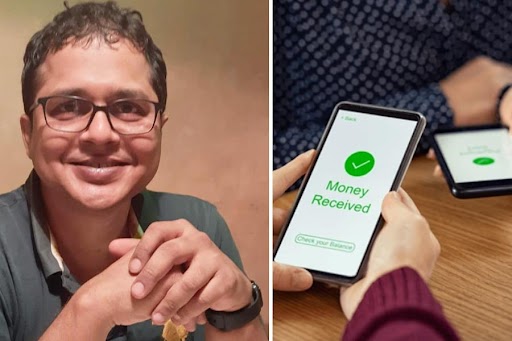Make a Plan
Are you pondering a career shift? Looking to pick up new skills? Or do you just need a distraction in unsettled times? Make a note of your ultimate goal to help focus your search, as classes are available across a range of disciplines.
Studying online means you can go global, attend a project management class at Britain’s Open University or The Science of Beer course at Wageningen University & Research in the Netherlands.
Find a Class
To see what’s available from multiple schools, try Class Central, a search engine for online courses. You can also browse the Open Culture site, which lists more than 1,500 courses from accredited institutions and hosted on educational platforms like Coursera, edX and FutureLearn. These platforms have many subscription or fee-based classes as well.
Some, like the Massachusetts Institute of Technology, are generous. MIT offers for free content from most of its on-campus courses on OpenCourseWare.
Click the enrol button to sign up. If you’re on the “free” plan, you’re essentially auditing the course. However, if you pay a fee, you can get graded assignments or a “certificate of completion”.
Sources for Courses
The nonprofit Khan Academy hosts lessons designed for students from kindergarten through Class XII. You can find maths, science, economics and humanities classes, as well as inventive computer courses like Pixar in a Box, an overview of the digital animation process.
The Coursera site has a list of courses you can complete in a day; all are free until the end of the year. And consider the lectures and webinars offered by museums and libraries. The Museum Computer Network site has a list of online learning resources from major institutions.
Ready for School
An hour a day of study is a sensible goal, but when considering a course, check its specific duration and time commitments so you can plan more precisely. Some classes are self-paced, while others have a more traditional meeting structure that can last for nine weeks.
Find a place to do your homework and keep your school materials. Depending on the course, you may also need certain books, software or other materials. Even if you’re watching recorded lectures, taking notes may help you retain the information, so keep a cheap notebook or a note-taking app.
Life Lessons
Want to know how to change the oil in a late-model Honda Civic, perform basic toilet repairs or mend torn clothes? Instructional videos on YouTube provide a hands-on education on the practical matters of daily living. Many popular do-it-yourself sites have their own YouTube channels, so you can find content like The Handyman’s home-improvement tutorials or iFixit’s gadget-repair videos in one place.
And if you’d like to upgrade your cooking repertoire, fire up a recipe search. YouTube chefs will guide you through making red velvet waffles and chicken or even the infamous Twinkie Wiener sandwich.
NYTNS










